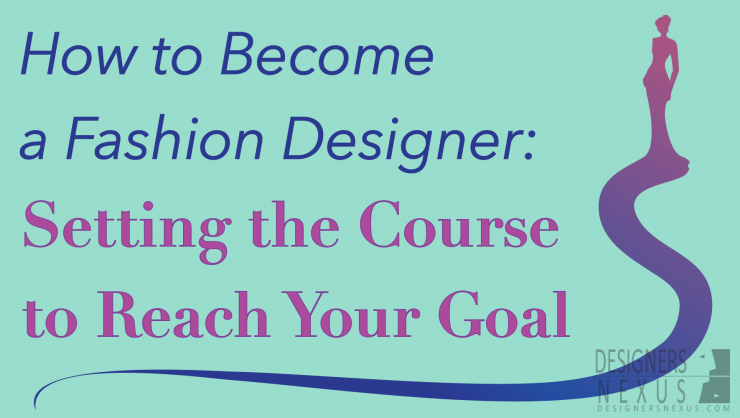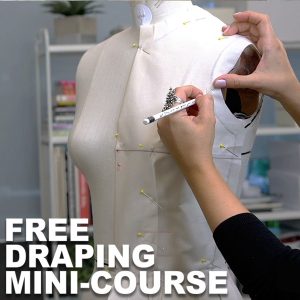Decide Where You Want to Go and
Develop an Action Plan to Get There
Know Yourself
Before you can plan where you want to go, you need to figure out where you are. Getting a clear picture of who you are will clarify what will make you happy and fulfilled in your career, and in life. Here are a few things to ask yourself:
- Preferences: What do you like to do?
- Skills: What do you do well?
- How do your personal desires fit into the picture?
- How much do you value creating a balance between work and your family and friends?
- Do you prefer a small or large company setting?
- What are your work values, and how important is it that your employer shares these values?
- What's your ideal work environment?
Career assessments are great tools that will cover the above questions and more to help you identify and organize your qualities and preferences. Assessments can easily be found at your school's career/guidance office, career agencies, and of course via Internet sites such as www.assessment.com.
Do Your Homework
Once you have a better idea of your skills, interests, traits, and desires, you can begin selecting career choices that fit you best, and weeding out the ones that don't. Take another look at our "Break it Down" article, and using the results of your assessment, decide what design market is the most appealing to you. Select a category that interests you, such as menswear, womenswear, sportswear, or intimate apparel. Then break it down by specialization. Would you prefer to work with wovens, knits, tops, dresses, bottoms…? You may find a few that interest you- and that's ok because the next step is to do your homework and research your chosen markets and specializations.
Make a list of companies within your chosen market and research them as well. Your objective is to educate yourself as much as possible in these areas so you can make an intelligent decision regarding career choice. As you learn more about your chosen paths, you may discover that you had unrealistic expectations and your needs and wants may change. Informational interviews can be a helpful way to gain insight into a particular category/company of interest. Informational interviews will be discussed in more detail in our "Preparation is Key" article (coming soon).
Define Your Goals
After assessing yourself and exploring your career options, the next step is to set career goals for what you hope to accomplish. Defining your goals will help you take the right steps to reach your ideal career. Keep in mind that your goals may change at anytime. In fact- as you reach your initial goals and continue to grow and develop personally and professionally, setting new goals will be essential. It is important to constantly motivate yourself- keep learning and striving for satisfaction. Remember, the world changes quickly and so do you!
Set the Course
To set your career plan in motion, you will need to follow through with the goals you've set. Break each goal into manageable "chunks." Each week/month tackle a step or two. For example, if one of your first goals is to get a position as an entry-level designer for a better sportswear company, your calendar may look like this:
- Week 1: Research moderate companies
- Week 2: Prepare portfolio
- Week 3: Prepare resume and cover letters
- Week 4: Prepare interview responses and wardrobe
- Week 5: Apply for positions
Breaking your goals into smaller tasks will help them seem more feasible, and by completing each task one by one, you'll reach your goal faster than you thought!
When your job matches your interests and your personality, you are more likely to be happy and successful in your work. Having a plan of action and being prepared doesn't mean that you'll get that dream position immediately after graduation. But your classwork, job search, market research, etc. will all be focused in the direction that will get you there one day!



